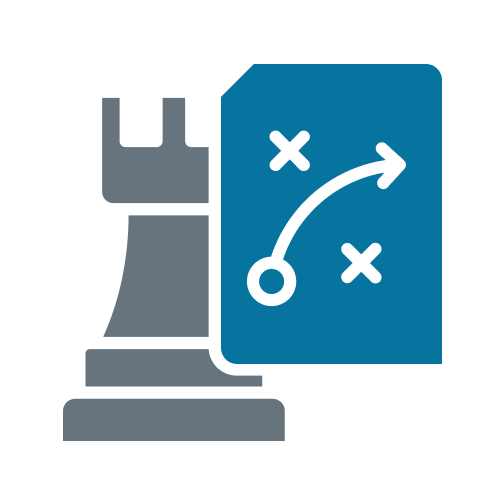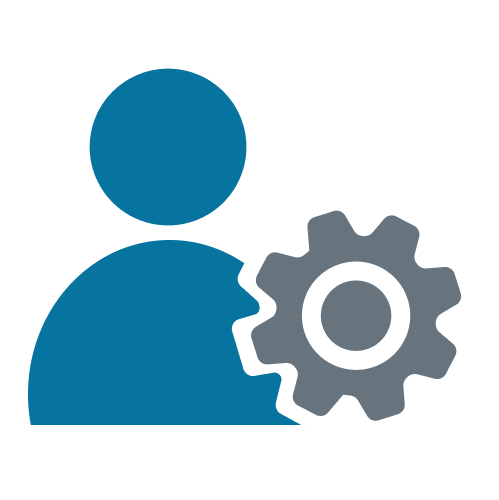Turn off the T.V.
Get on the treadmill.
Then continue reading this.
If you’re looking to make a positive change in your life, it starts with you.
And If you’re just goal setting, it’s a good start. But you’re a couch potato until you do something about it.
Low accountability and responsibility yields low productivity and a decrease in happiness and energy. So why not take charge today?
Okay, So How Do I Monitor My Productivity?
There are several ways to monitor your productivity as you work toward your goal setting.
1.) Implement the good old WWW (Who-What-When)
A simple spreadsheet with the detail; the key is monitoring it daily to keep it up to date. Letting your team have access is even more powerful. No one wants to show up without their stuff done! Contact us if you’d like a copy of the template.
2.) Integrate Task Management Systems
With task management systems, you can set a hard deadline with notifications that won’t let you forget (or totally bail on) the goal you’ve set for yourself. Computerized bosses don’t care about your feelings, which is something we all need sometimes. Tough love from a robot can go a long way.
My favorite online TMS’s:
Trello
Basecamp
Monday
Redbooth
3.) Hire a personal assistant
If you need more time to focus on the tasks that only you can complete properly, you might consider hiring someone who can master the tasks that typically remove you from your preferred mindset. You might be surprised at how much you can accomplish when you have a teammate taking care of the work that you aren’t passionate about.
What’s stopping you from reaching that personal goal?
Is it work-related? Is it an emotional issue? What needs to change?
Remember, you don’t have to fix everything all at once. That’s actually impossible, and as a leadership coach, that would be a ridiculous idea to promote.
You won’t make a change in your life until the pain you feel today becomes greater than the pain of your perceived change.
Here’s the thing. If you’re “okay,” then no change will occur.
Most people stop somewhere along the path to change, and this goal becomes a “should.”
“I should take a different approach with this client.”
“I should read more.”
“I should exercise more frequently.”
If no action occurs, you’re just a “shouldhead” and STILL a couch potato.
Top 5 Factors That Escalate the Need for Change
1. Health
“If I don’t change, I’m going to die.”
A doctor’s orders or some tough love might help you get to work on meeting your goal.
Some struggling individuals begin walking the path to change once they realize that they are no longer in control of their physical well-being.
2. Money
“I don’t have the cash flow to continue with this type of lifestyle.”
Sometimes you just can’t afford your bad habit anymore.
If your lavish or unnecessary ritual is causing you monetary issues, then cut it out. You don’t necessarily need to go cold-turkey, but you should consider starting a moderation process today.
3. Stress
“I don’t have the energy I used to.”
Stress can cause weight gain, exhaustion, and will lead to many other negative side-effects. To eliminate some of this stress, try to determine the root.
Is it your job?
Is it a personal relationship?
Try to take small steps to help your boss or partner gain a firm grasp of your situation. You shouldn’t be asking for sympathy, but rather an understanding of perspective.
Simply speaking to someone might be more rewarding than you think.
4. Relationships
“If I don’t change, my partner will leave.”
If your career or other external force is causing excessive drama, and if this drama is creating dissonance between your loved ones or most valued employees, think twice about your current career path.
How can you improve it?
How can you help others understand that you need a change of environment?
5. Safety
“Am I harming myself?”
Sometimes we don’t realize when we’re harming ourselves emotionally, mentally, or physically. Unlike stress, our unsafe habits can sometimes go unnoticed. For example, someone who chugs energy drinks on a daily basis might not realize that this continuous caffeine and sugar overdose is the root of their constant headache problem that makes them underperform at work.
Take some time to see if any of your habits are preventing you from reaching your goal by causing you emotional, mental, or physical pain.
What results can I expect from a positive change in my personal habits?
1.) You can expect to feel more energized.
The results are in: happiness is a main driving force for energy.
2.) You can expect to establish new relationships.
Friendships, both personal and professional, form when two unique individuals realize they share a similar trait, passion, experience, or growth trend. Once you eliminate bad habits and allow the positivity from new ones seep in, you can expect new people to be attempting a similar exercise.
3.) You can expect to start making and reaching more goals.
The more often you reach goals, the more you understand how to tackle the next ones.
Reach and repeat!
Accountability makes us take action.
It’s too easy for people to set a goal and do nothing about it.
Depending on the level of intensity and energy required, it takes approximately 66 days to complete a full behavioral change. That’s a hell-of-a long time to have to wait before your new habit becomes “official.”
But the sooner you start, the sooner you’ll succeed, and the sooner you’ll be able to integrate those positive strategies into your professional life.
So why not start today?
Dive into the process.
What will your first small step be?
If you’re a business leader from Calgary, and if you need help discovering that first small step, let’s talk in a quick executive coaching session.










